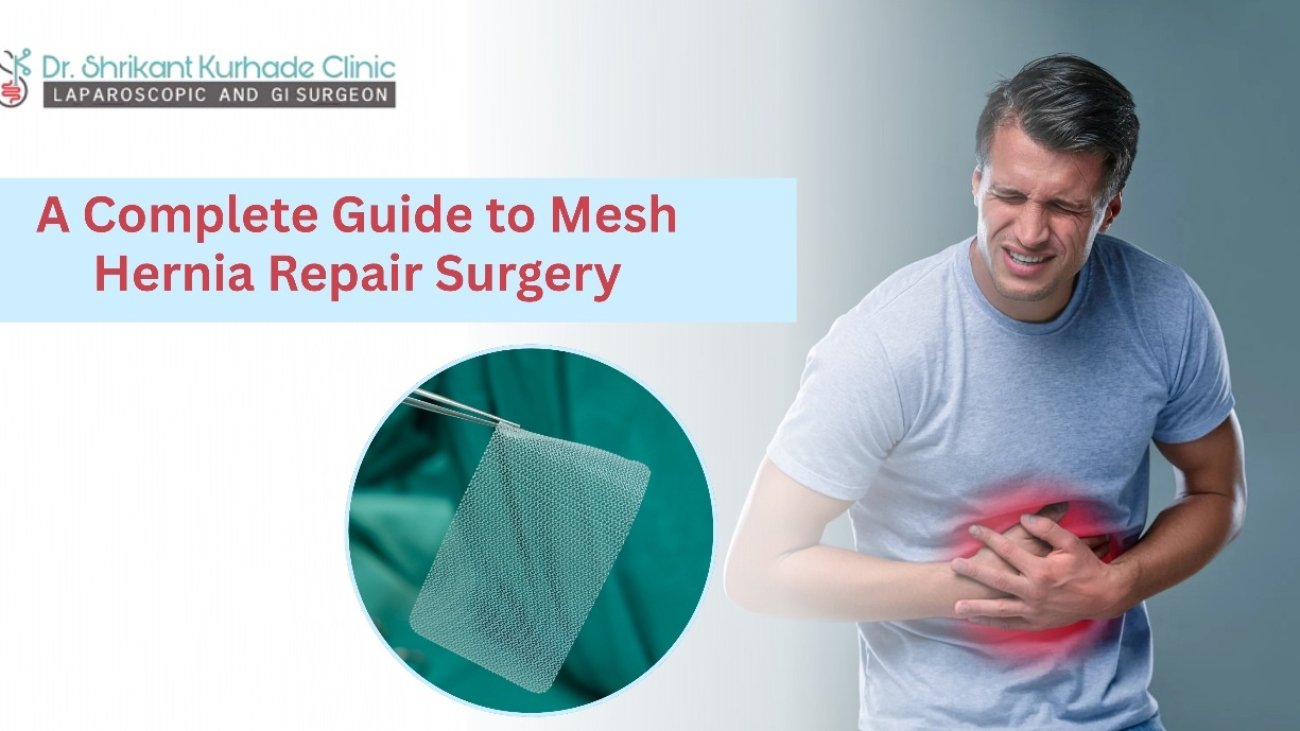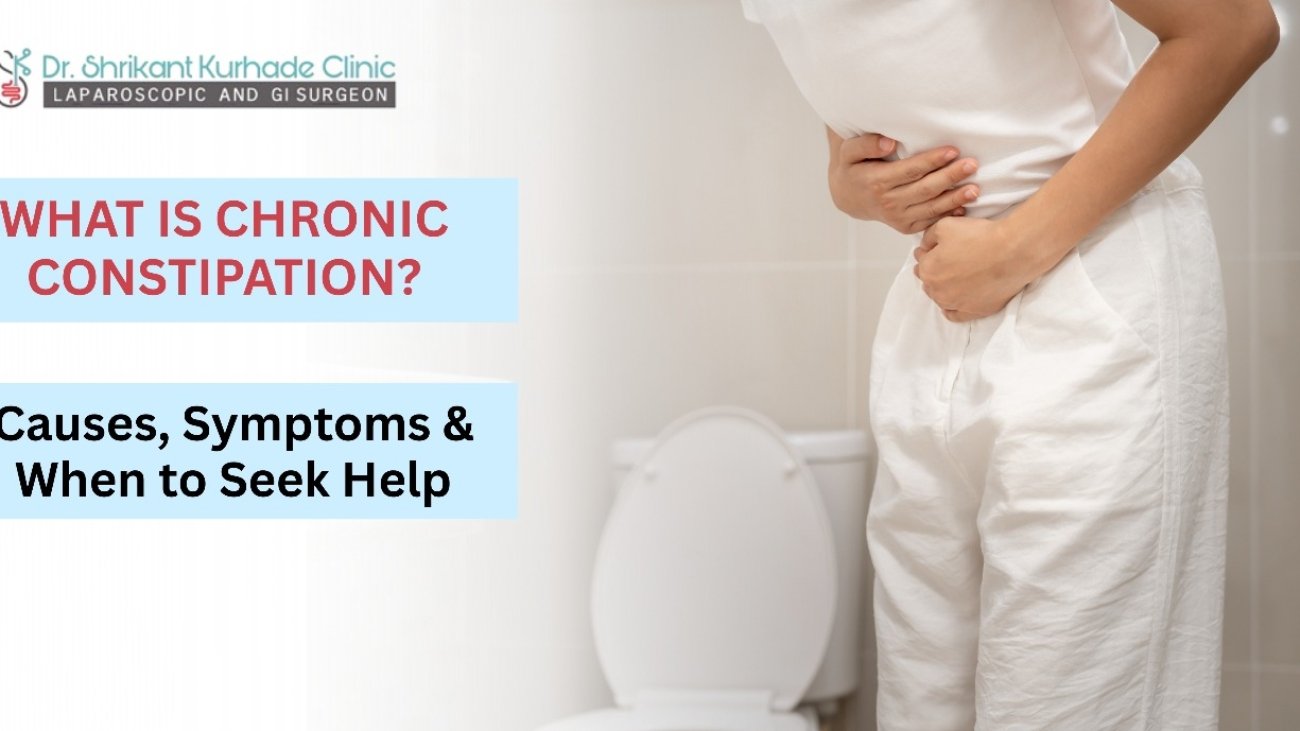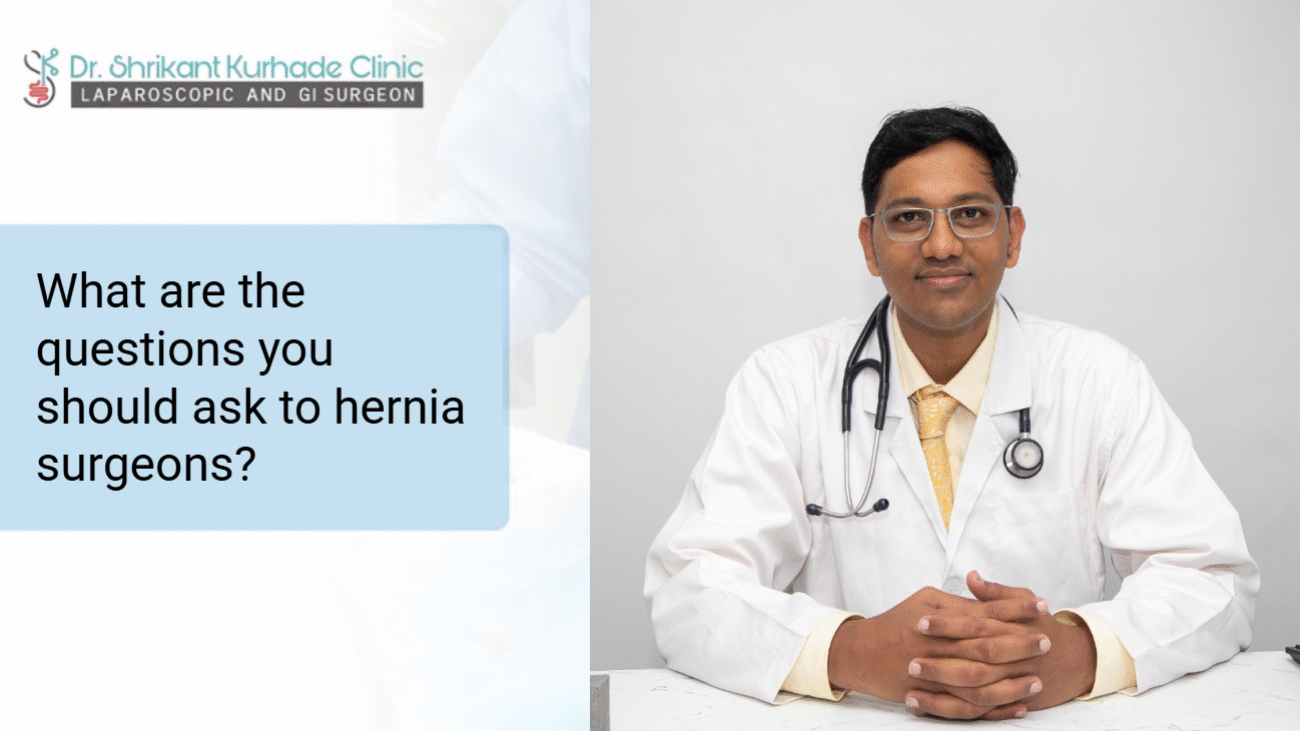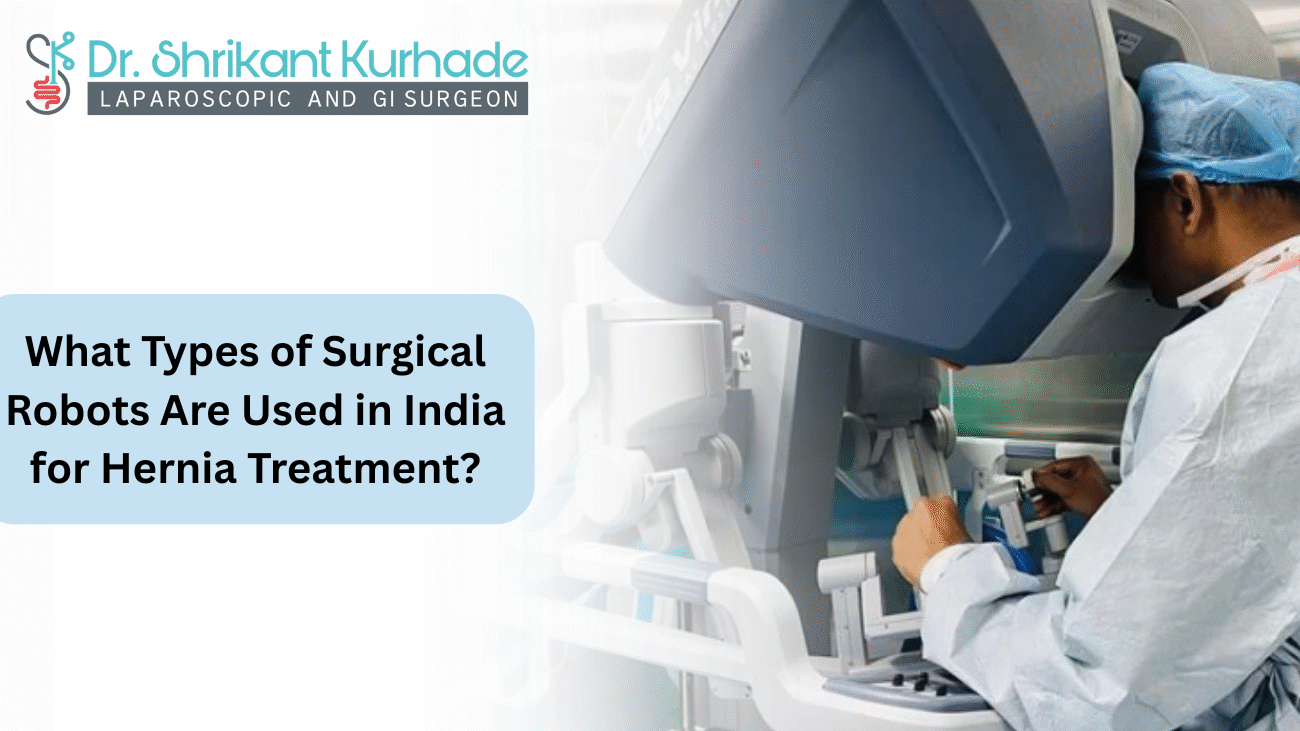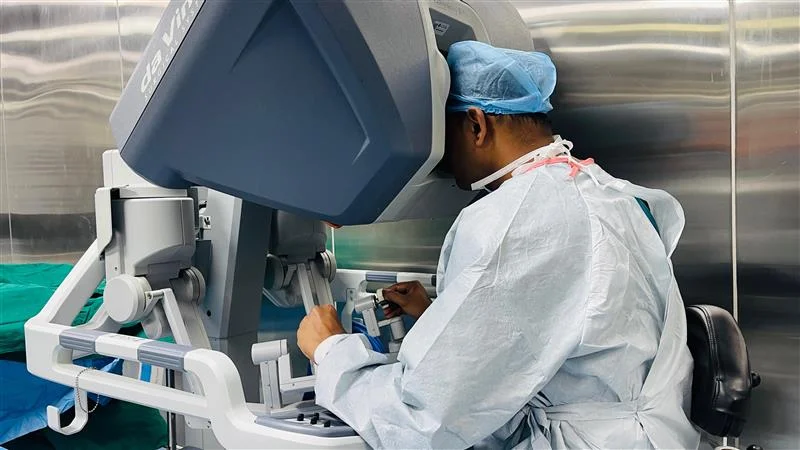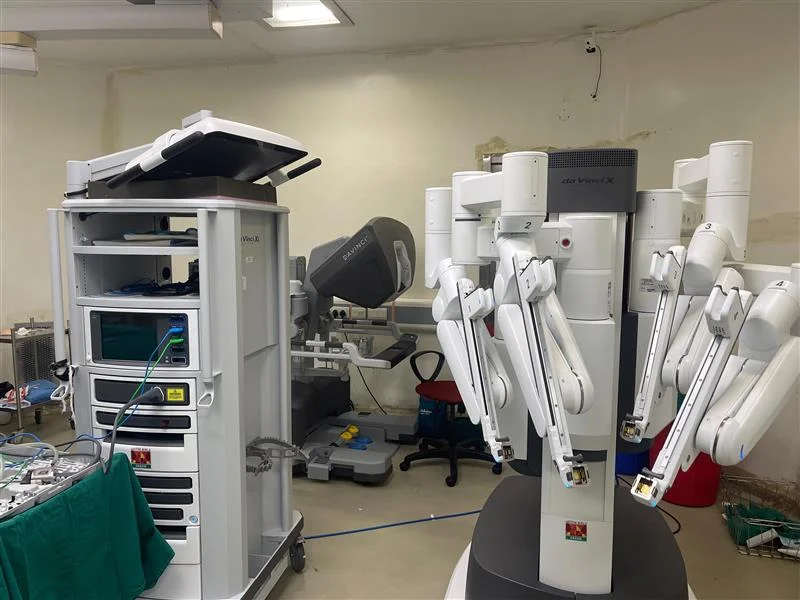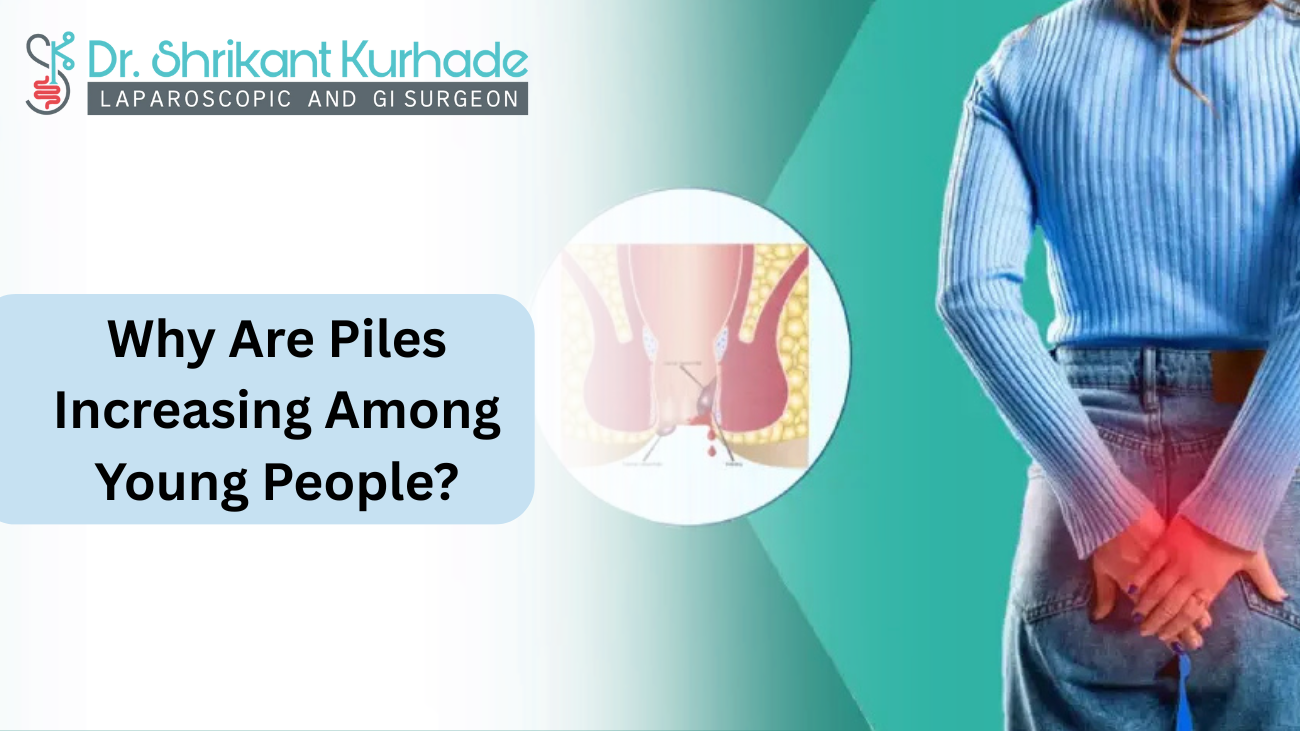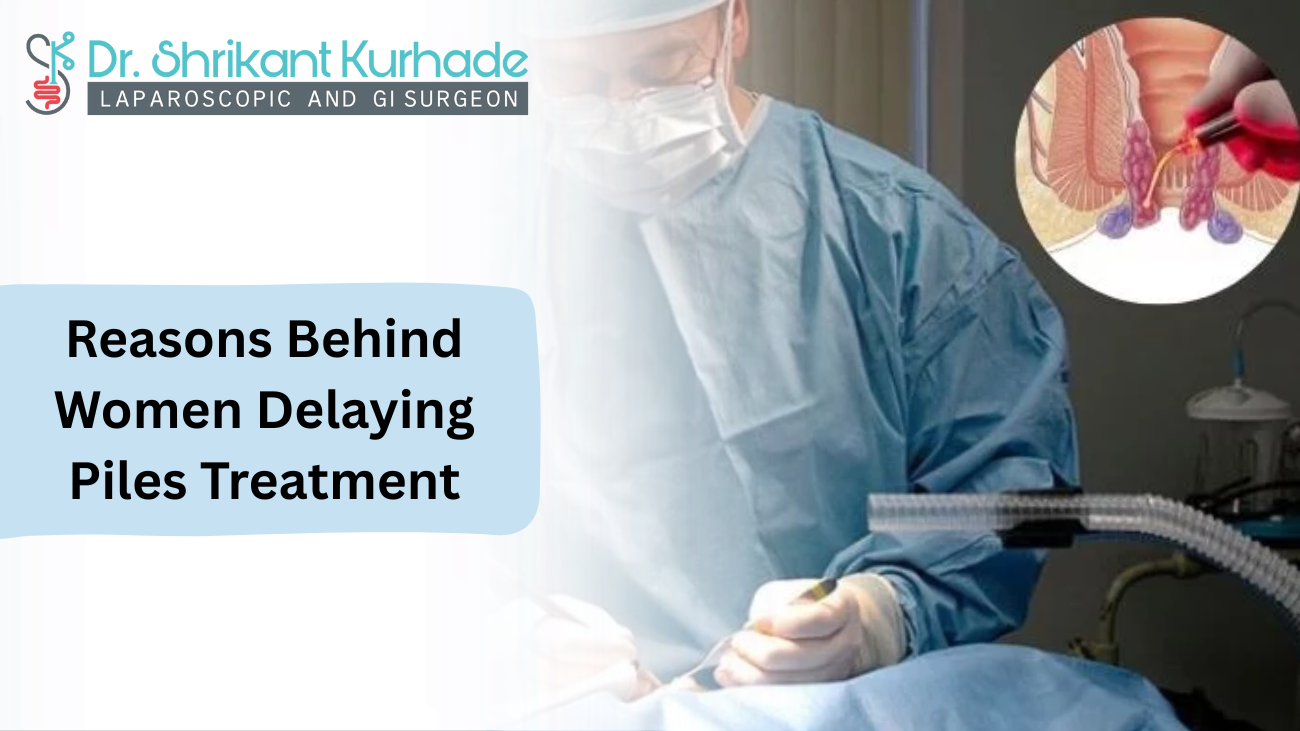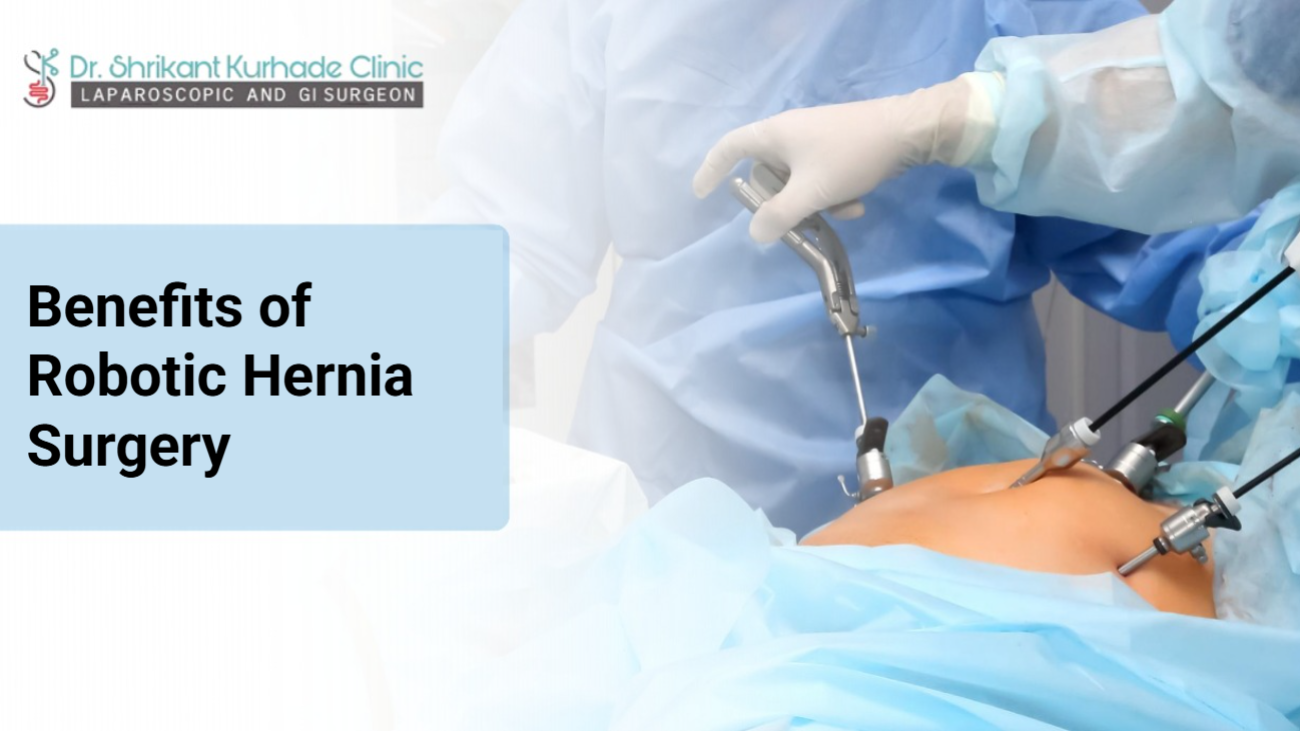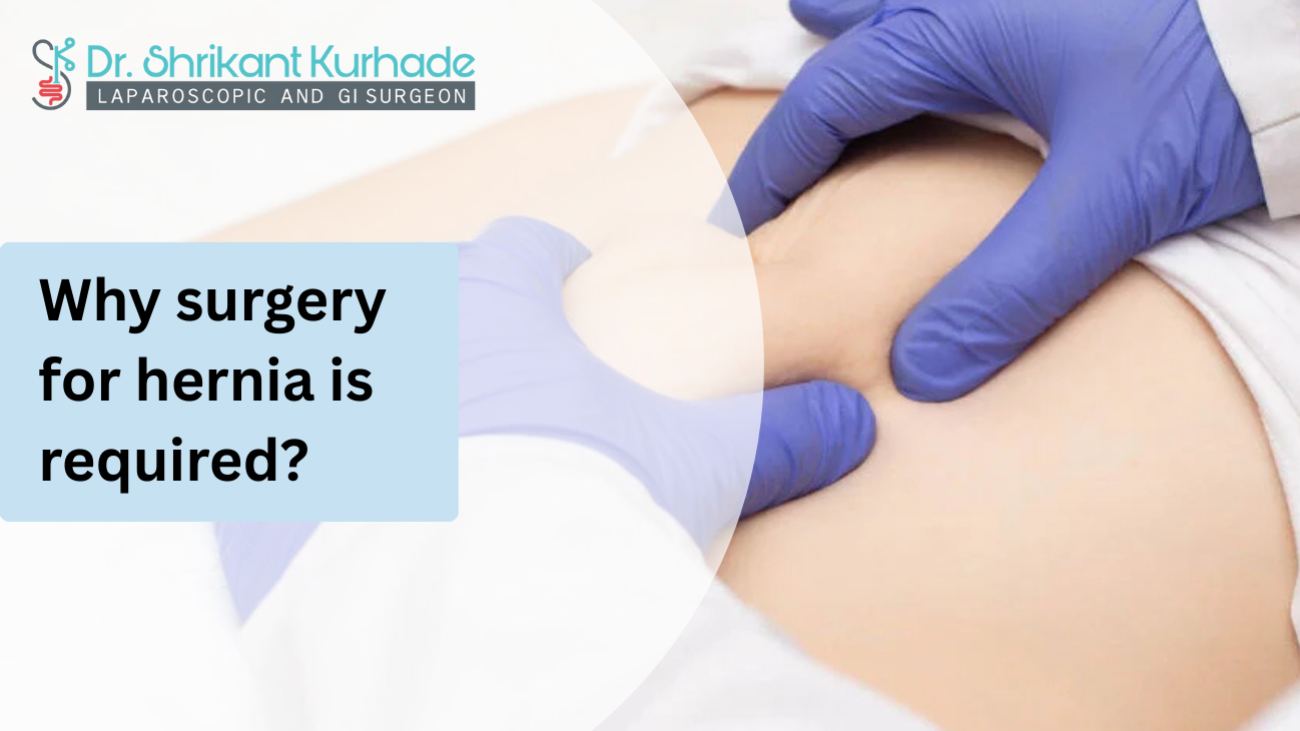A hernia is more common than most people think. It can happen to anyone—whether you lift heavy objects daily, have had previous surgeries, or even due to natural muscle weakness. While some hernias may not cause immediate discomfort, many can grow larger over time and lead to pain or complications. That’s where hernia mesh surgery comes in. It is one of the most trusted and effective treatment options available today.
If you or a loved one has been advised to undergo hernia surgery, this simple and human-friendly guide will help you understand the procedure, its benefits, recovery, and when to seek help. The goal is to make you feel informed, confident, and prepared.
What Is a Hernia?
A hernia occurs when an internal organ—usually part of the intestine—pushes through a weak spot in the surrounding muscle or tissue. It often appears as a visible or palpable bulge, especially when coughing, bending, or lifting.
Common types of hernias include:
- Inguinal hernia (groin)
- Umbilical hernia (near the belly button)
- Incisional hernia (after surgery)
- Hiatal hernia (upper stomach area)
Most hernias do not heal on their own and often require surgical correction to prevent complications.
What Is Mesh Hernia Repair Surgery?
Mesh hernia repair surgery, also known as hernioplasty, involves placing a special medical mesh over or under the weakened muscle area. This mesh acts like a supportive patch, reinforcing the muscle and preventing the hernia from returning.
Think of it like placing a durable net over a hole—that net supports the area and keeps everything in place.
The mesh used is safe, flexible, and designed to integrate naturally with the body’s tissues.
Why Do Doctors Recommend Mesh Repair?
Mesh repair has become the preferred method for hernia surgery worldwide due to several benefits:
1. Lower Risk of Recurrence
Hernias repaired only with stitches tend to come back more often. Mesh significantly reduces the chances of recurrence because it strengthens the weak spot.
2. Faster Recovery
Since the muscle is not pulled tightly together with stitches, the healing process is smoother and less painful.
3. Less Pain After Surgery
Mesh reduces tension on the muscles, leading to a more comfortable recovery experience.
4. Long-Term Durability
The mesh adapts to the natural movements of your body, providing strong and lasting support.
How Is Mesh Hernia Repair Surgery Done?
There are two main techniques used for mesh hernia repair:
1. Open Hernia Repair
- A small incision is made over the hernia site.
- The protruding organ is gently moved back into place.
- The mesh is placed over the weakened area and secured.
- The incision is stitched closed.
This method is often recommended for larger or complicated hernias.
2. Laparoscopic (Keyhole) Hernia Repair
- Small cuts are made in the abdomen.
- A camera and tiny instruments are inserted.
- The surgeon repairs the hernia and places the mesh internally.
Benefits of laparoscopic hernia repair include less pain, smaller scars, and quicker recovery. However, suitability depends on the type and severity of your hernia.
Your doctor will recommend the best option based on your condition and medical history.
What to Expect Before the Surgery
Before undergoing mesh hernia repair surgery, your doctor may:
- Evaluate your overall health
- Recommend blood tests and imaging
- Advise you to stop smoking
- Ask you to avoid food and drinks for a few hours before surgery
- Review your existing medications
This ensures the surgery is safe and successful.
Recovery After Mesh Hernia Repair
Recovery varies from person to person, but here’s what you can generally expect:
1. Mild Pain or Discomfort
This is normal and can be managed with prescribed pain medication.
2. Returning to Normal Activities
Most people can resume light work within 1–2 weeks, while strenuous activities and heavy lifting should be avoided for 4–6 weeks, ensuring a safe and smooth hernia mesh surgery recovery time.
3. Caring for the Surgical Site
Keep the area clean and dry. Follow your doctor’s instructions on bandage changes and signs of infection to watch for.
4. Diet and Hydration
A fiber-rich diet and proper hydration can help prevent constipation, which is important after abdominal surgery.
5. Follow-Up Appointments
Regular check-ups help ensure smooth healing and proper mesh integration.
Are There Any Risks of Mesh Hernia Repair?
Like any surgery, mesh hernia repair has potential risks, although complications are rare. These may include:
- Infection
- Swelling or bruising
- Recurrence of the hernia (less common with mesh)
- Temporary discomfort around the mesh area
Choosing an experienced surgeon greatly reduces these risks.
When Should You Seek Medical Help?
Contact your doctor immediately if you notice:
- Severe pain that doesn’t reduce
- Fever or chills
- Persistent redness or swelling at the incision site
- Difficulty passing stool or gas
- Increased swelling in the hernia area
Timely care can prevent complications.
Final Thoughts
Mesh hernia repair surgery is a safe, reliable, and highly effective solution for treating hernias. Understanding the procedure and recovery can help ease fear and uncertainty. If you’re experiencing symptoms of a hernia or have been advised to undergo surgery, getting expert guidance is essential.
At KK Care Clinic, under the guidance of Dr. Shrikant Kurhade, a renowned hernia specialist and robotic surgeon, patients receive personalized care and expert surgical treatment for all types of hernia mesh, ensuring the highest standards of safety, comfort, and successful recovery.

